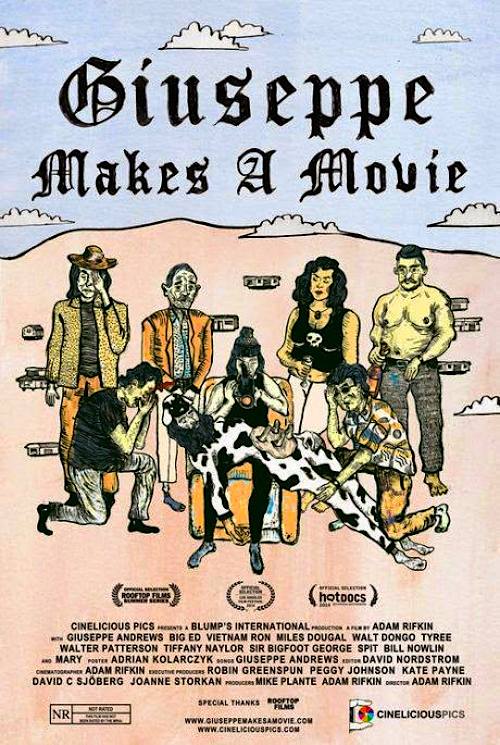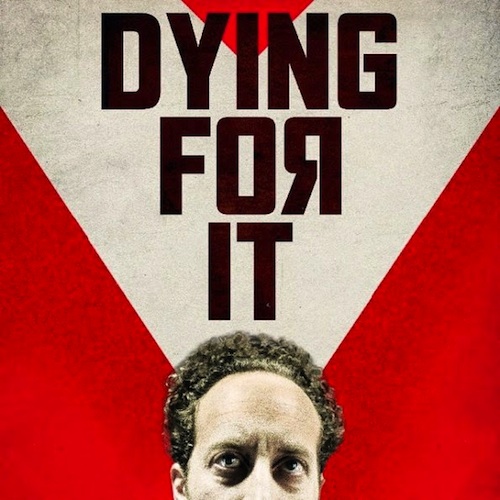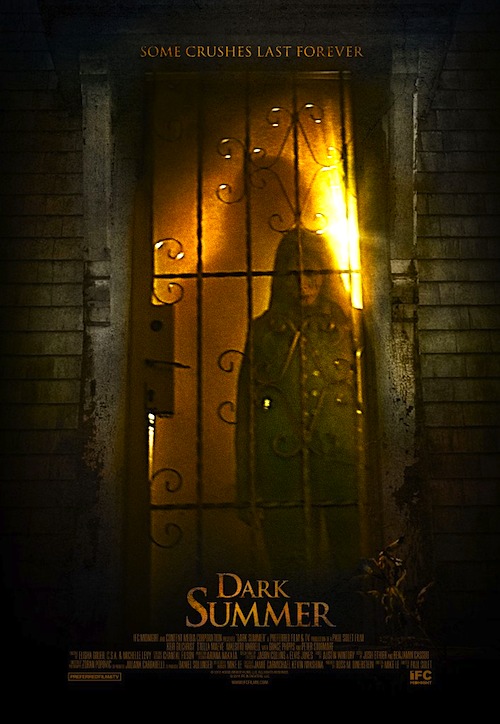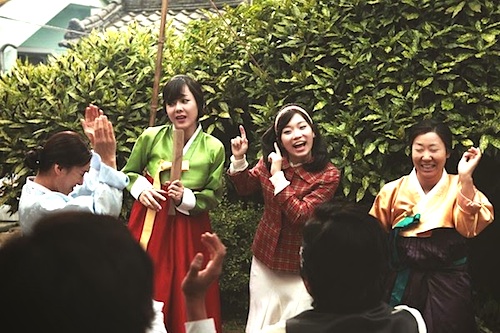By Joe Bendel. Ma Yongzhen is one of China’s favorite Robin Hood-ish gangsters. Film and television versions of his story (including the Shaw Brothers’ Boxer from Shantung) often transplant Ma to the wild and woolly Republican 1930s, but the first film version of the Nineteenth Century bumpkin-turned racketeer was the 1927 silent Shandong Ma Yongzhen. A new supercharged remake/reinvention of the 1972 Shaw Brothers fan favorite takes even more liberties with Ma’s story, but if he has any surviving descendants, they are not likely to object to the heroic portrayal of the martial artist in Wong Ching-po’s Once Upon a Time in Shanghai, which releases this week on DVD and Blu-ray, from Well Go USA.
Ma Yongzhen came from the dirt poor provinces to make his fortune in Shanghai. Ironically, he has exactly the sort of skills to make it in the go-go city, but he promised his sainted mother he would never become a gangster. To remind him to temper the power of his iron-fist, she gave him his only valuable possession: a jade bracelet.
Living in a slum watched over by the kindly Master Tie, Ma quickly gets a lay of the land. Through a series spectacular sparring sessions, Ma earns the trust and a legit job from Long Qi, a gangster-club owner more closely resembling the historical Ma Yongzhen. The brash Long Qi has taken over a sizable portion of the Ave Gang’s territory, but he is asking for trouble with his outspoken anti-Japanese sentiments. When the Axe Gang and the Japanese form an alliance, Ma will be pulled into the fray to protect everyone halfway decent.
OUATIS is definitely following the buddy movie playbook, but screenwriter Angela Wong somewhat inverts the formula, by having the naïve country boy stay strong and start to reform the hedonistic crime lord. Even so, the narrative is rather simplistic, but the film’s grit and tragic vibe will appeal to genre audiences nonetheless.
The martial arts sequences choreographed by Yuen Woo-ping and Yuen Cheung-yan are obviously the important thing here—and they deliver. Fortunately, Philip Ng and second lead Andy On have the skills and bearing for the often brutal but wildly cinematic beatdowns. There is no question they can carry this stuff off. Veteran martial arts stars Sammo Hung and Chen Kuen-tai (the 1972 Ma Yongzhen) lend the film further street cred.
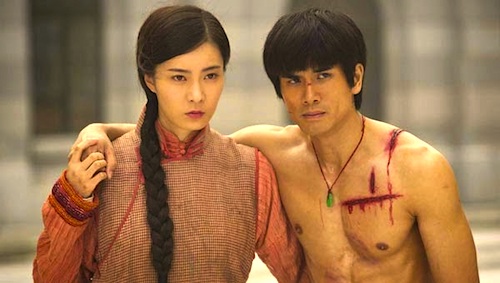
After working his way up through a series of increasingly prominent supporting roles (Lionel, the undercover cop stepson in From Vegas to Macau), Ng gets his shot playing the hero here. His turn as Ma is not exactly a bases-clearing homerun, but Ng is not bad at all. He has a strong presence, develops some reasonably believable romantic chemistry with Michelle Hu’s Tie Ju (the somewhat judgmental daughter of Master Tie), and excels in the fight scenes. Although Andy On goes a bit over the top with Long Qi’s outrageous preening and weird bursts of laughter, it sort of works anyway, because this is a genre that rewards attitude – which he brings in generous servings.
Indeed, most action enthusiasts will want to see more of Ng and the more established On after Wong’s Ma Yongzhen reboot, which says a lot. If you are looking for impressive martial arts action and can easily overlook some predictably excessive anti-Japanese propaganda, then it is a safe bet. Recommended for martial arts and historical gangster fans, Once Upon a Time in Shanghai is now available for home viewing from Well Go USA.
LFM GRADE: B
Posted on January 14th, 2015 at 11:08pm.
